Dr. Oz's 7 Rules for a Healthy Vacation
A checklist of tips for eating right, sleeping well, and staying fit and safe—all while having a blast.
By Dr. Mehmet Oz
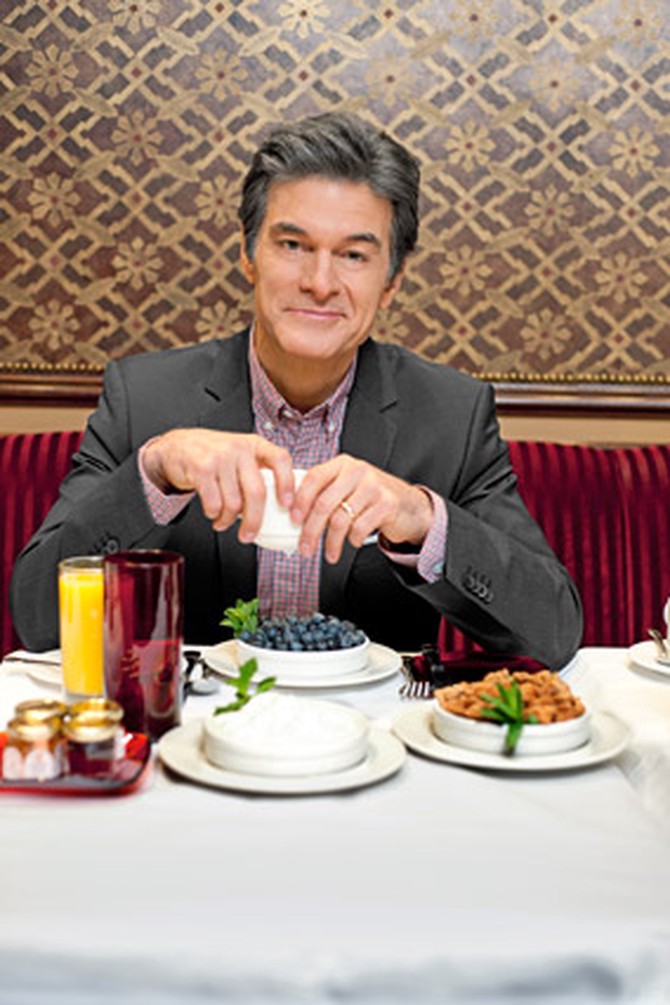
Photo: Greg Kessler
Among the many excellent health excuses for taking a break from the daily grind, I have one clear favorite: New activities and environments can stimulate your senses in such a way that your neurons begin to form novel synaptic connections, actually changing the structure of your brain and helping you experience life afresh. So when you're on vacation, your number one priority should be to soak up the sights and sounds around you, and not do much of anything else.
Fortunately, there are ways to keep your body running well without trying too hard—from rehydrating with coconut water to eating watermelon to protect your skin from sun damage. Here is a collection of nearly effortless tips for your next big escape, whether it's camping on a riverbank or sunbathing at the shore.
Next: Step 1: What to eat
Fortunately, there are ways to keep your body running well without trying too hard—from rehydrating with coconut water to eating watermelon to protect your skin from sun damage. Here is a collection of nearly effortless tips for your next big escape, whether it's camping on a riverbank or sunbathing at the shore.
Next: Step 1: What to eat
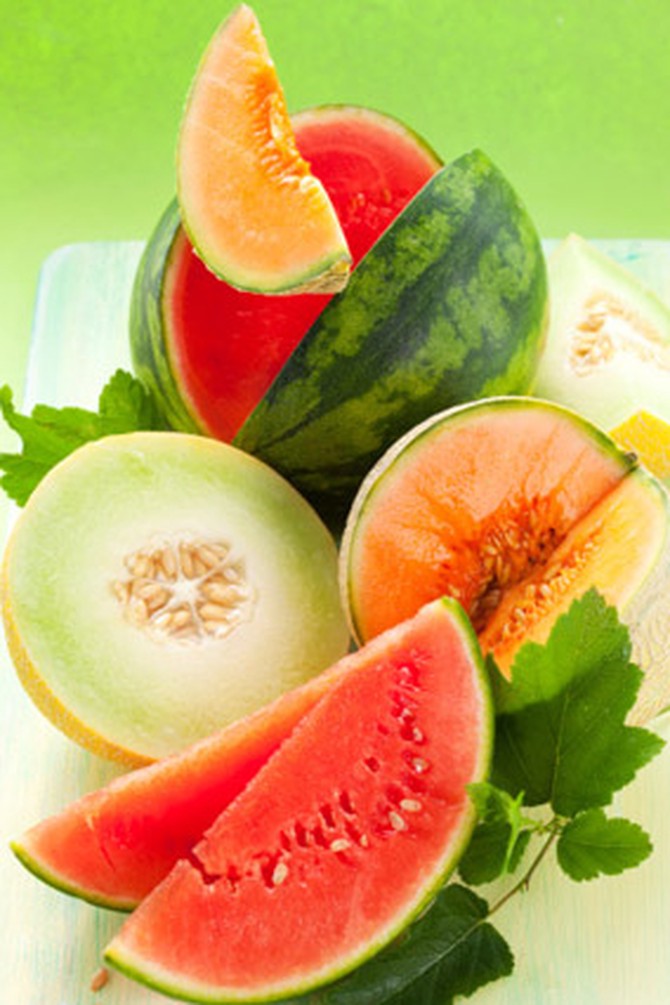
Photo: Thinkstock
Eat Your Reds
And yellows and oranges. The pigments in certain brightly colored fruits and vegetables (from watermelon to carrots) can actually protect your skin while you're having fun in the sun. A 2010 study published in the British Journal of Dermatology showed that the antioxidant lycopene, found in various red-tinted produce, helps shield cells from DNA damage caused by the sun's UV rays. And a meta-analysis of research revealed that beta-carotene—found in cantaloupe, mangoes, and apricots—can help prevent sunburns. Start eating warm colors now to get a better protective effect on vacation.
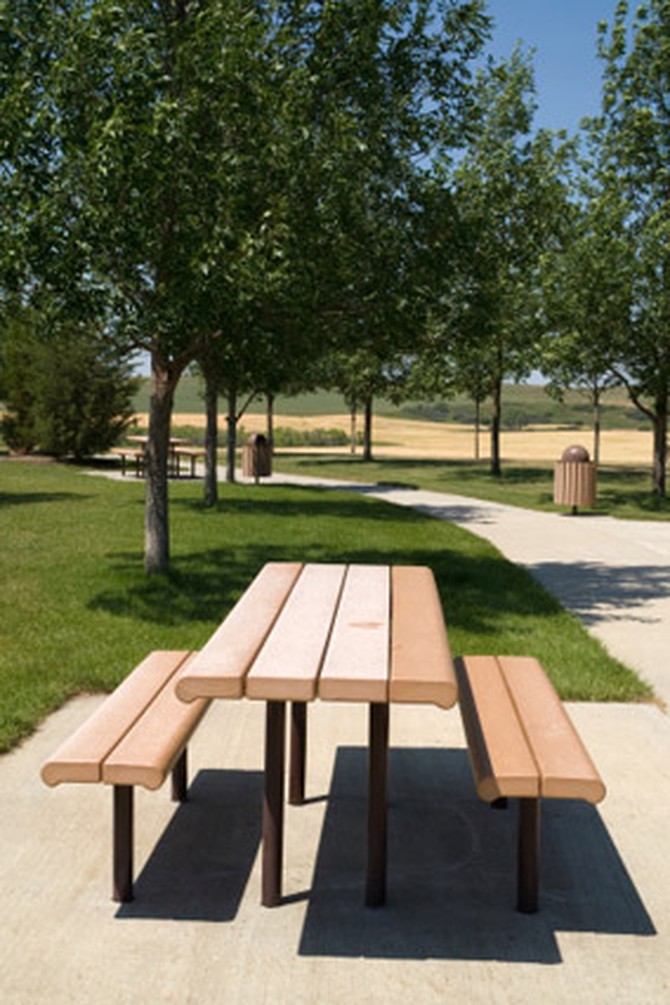
Photo: Thinkstock
Make Regular Pit Stops
Many people associate deep vein thrombosis—blood clots that can form in the legs during extended periods of inactivity—with long airplane flights. But DVT is a threat during long car trips, too. Whether you're in the air or on the ground, take a brief walk (down the aisle or at a rest stop) every two hours to keep your blood flowing smoothly.

Photo: Thinkstock
Skip Jet Lag
As a general rule of thumb, if you've flown east, expose yourself to plenty of light (ideally natural light) during the daytime hours. This will help shift your biological clock forward. When you go west, do the opposite: Seek brightly lit spaces in the evening to help turn your clock back. If you typically struggle to adjust to time changes when you travel, it's safe to take small doses (.5 milligram) of the sleep hormone melatonin for several days to reset your body's circadian rhythm.
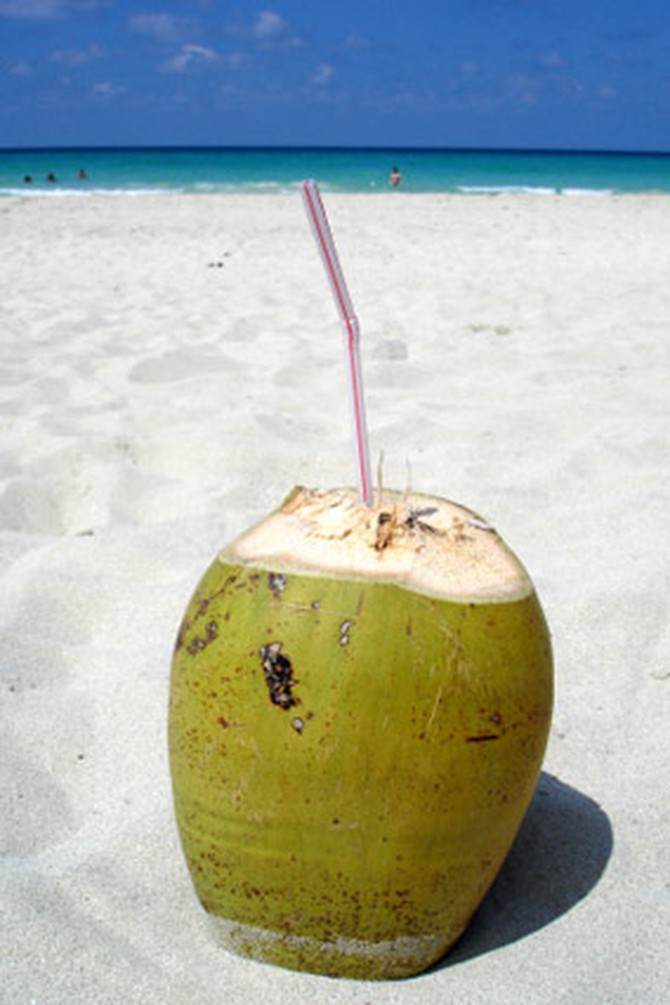
Photo: Thinkstock
Sip Coconut Water
Dehydration is a common side effect of vacations, thanks to tropical climates, summer heat, and the sweating that goes with them. To refuel on electrolytes (the essential minerals that keep your body's fluids in balance), drink a bottle of coconut water. A new study shows that it rehydrates the body just as well as a specially formulated sports drink, without all the added sugars, preservatives, and artificial colors.

Photo: Thinkstock
Sightsee
You don't need a gym to get an energizing workout. If you're vacationing in a city, rent a bike and pedal around town. If you're in a place surrounded by natural beauty, explore the terrain with a daily morning hike. (Bonus: Walking in nature can significantly boost your self-esteem and mood, according to a 2009 study.) Reluctant to leave the resort? The natural resistance of water makes the swimming pool a great place to do strength exercises like leg lifts and arm raises.
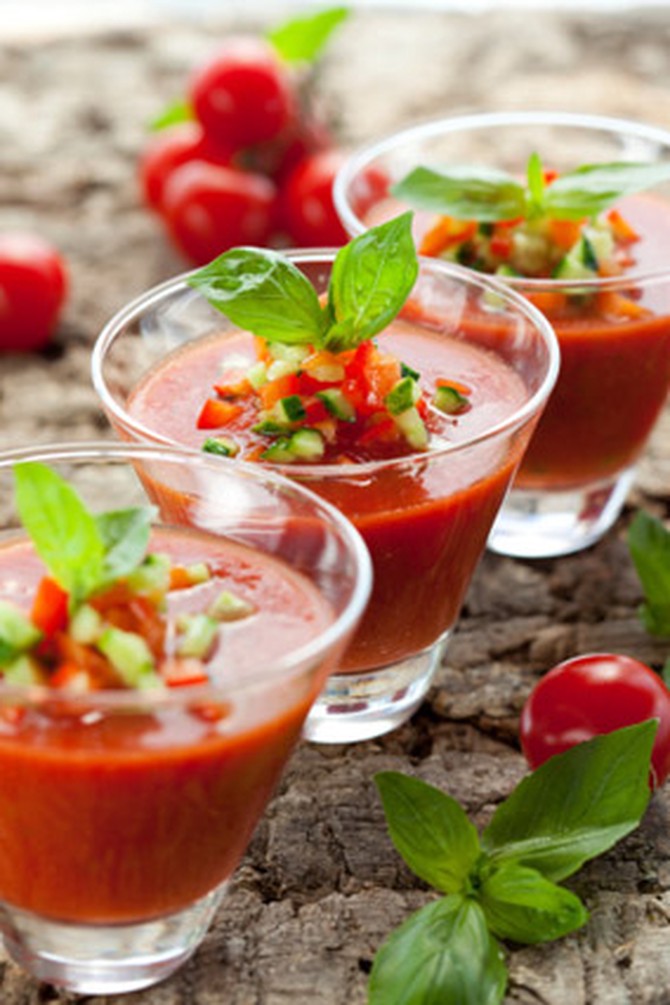
Photo: Thinkstock
Enjoy an Appetizer
Conch fritters, po'boys, deep-dish pizza—vacation foods are usually worth the splurge. But here's a trick to avoid overeating at dinnertime: Snack first. When researchers at Pennsylvania State University fed subjects apple slices before a meal, they ate 187 fewer calories overall. A bowl of soup had the same effect—subjects ate 20 percent fewer calories. In summertime, I recommend a nice bowl of chilled gazpacho.
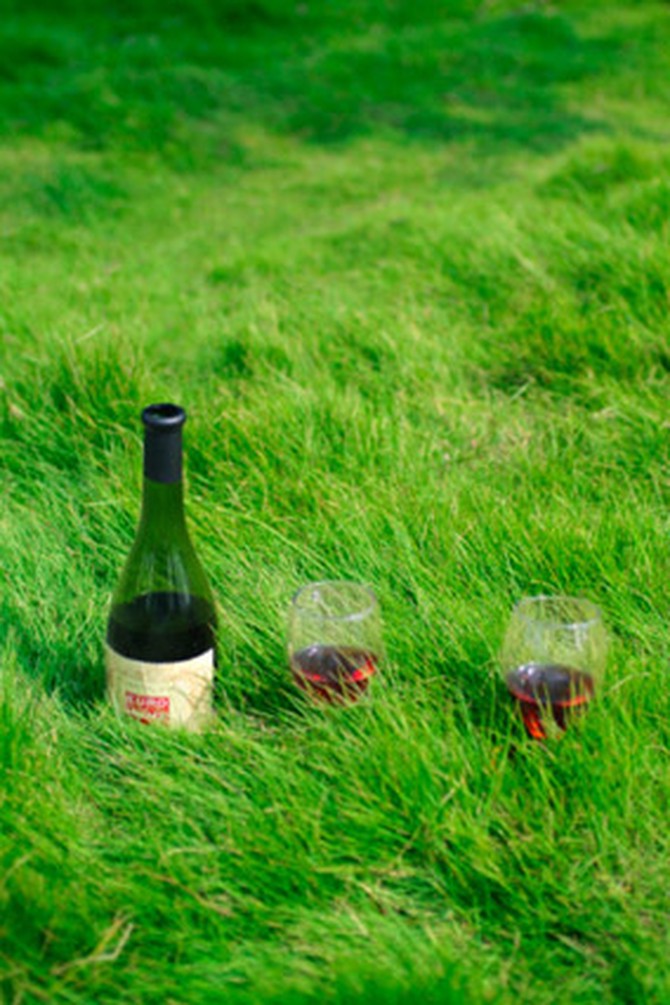
Photo: Thinkstock
Toast Your Trip
I know that fruity, blended cocktails are like vacation in a glass. But a piña colada has about the same number of calories as a McDonald's hamburger. Red wine is a healthier option; studies suggest that a glass a day may actually protect against weight gain. Resveratrol, a compound found in the skin of grapes, and other components of red wine have been shown to block the cellular processes that enable fat cells to grow. I'll drink to that.
Mehmet Oz, MD, is the host of The Dr. Oz Show (weekdays; check local listings).
Next: The 4 things you should pack for any vacation
Mehmet Oz, MD, is the host of The Dr. Oz Show (weekdays; check local listings).
Next: The 4 things you should pack for any vacation
From the July 2012 issue of O, The Oprah Magazine

